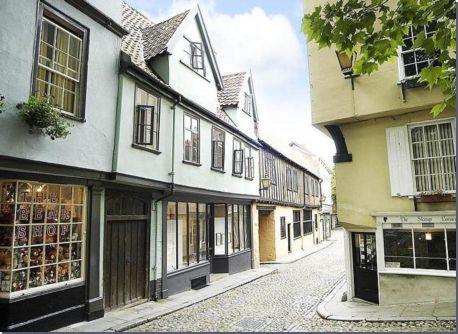
Tomorrow I go to the British Library to read: Chaves, Irma. A traição da linguagem : uma análise da poesia de Carlos Pena Filho. No funding to study, so I will be doing it by myself.
Other thoughts. An article about the film District 9 by my friend Alfredo Suppia.
Alfredo teaches cinema at UFJF in Brazil.
Alfredo teaches cinema at UFJF in Brazil.
Connections to City of Men and Blindness. I don't like Science Fiction. AT ALL. I grew up in a house full of my father's collections of magazines and stories and typed personal sightings - he was a member of the local UFO society in the 1950s and 1960s. I hate the pornographic element of that era of Sci-fi. But the political implications of these recent films, is as Alfredo is pointing out, a matter of some deep seated fears of other people in the mass. Especially in Brazil as Rio now has to consider what to do about the divisions in that city before it becomes an Olympic unity. Discuss. Alfredo presented a paper about the film City of Men at a Leeds University World Cinema conference in 2007. There is some academic writing about the film which was made by the Mexican director Alfonso Cuaron for Universal as having a different concept to the very English work of PD James who wrote the book. It revolves around questions of aesthetics, politics and ways of representation. Here is my essay on the matter.....
Blindness which is based on a book by Jose Saramago, the Nobel prize winning Portuguese writer, which has had a similar discussion of the differences when the film maker (The Brazilian Fernando Merielles) has an apparantly different agenda. District 9 has South Africa ( Neill Blomkamp) and New Zealand (Peter Jackson). I know that race agendas in these two countries have a different history in some ways.
At the same time I bought the DVD of De Battre mon coeur s'est arrete (The Beat that my heart skipped (Romain Durais,2005)) which is set in contemporary Paris. I first saw it at the Arts Cinema in Cambridge. It has very specific points about identity and migration and talent to make, as a 'remake' of an older film called Fingers (1978) - about piano playing in actuality. Ironic as I now find I have a genetic condition where my heart does indeed 'skip' beats.
So an older question currently in my mind is the ability of personalised fictional story versus the more mass movement 'action' sort of story - a bit ying and yang of the range of story telling - to make similar points about the reaction of contemporary society to the issues of how others live and how threatening we might find that. Or indeed the prejudices and assumptions of our own experience as to what the 'genre' description might promise us as 'entertainment' or 'enlightenment'. I am also considering a book Filmosophy by Daniel Frampton alongside all this.
How much does what we 'think' we are going to see and learn affect what we think a film is about. We are conditioned by critical reviews that concentrate on plot, on the actors, on the director, on the location, on the 'genre', on the cinematic visuality. There are other ways we 'read' film on a personal enjoyment level. I saw very little film or television in that same house of my childhood. So my readings are not conditioned by years of exposure to all kinds of filmic experience. Each film I see is selected to suit my own formed prejudices and I won't waste time 'gazing' at things that don't interest me. Possibly a more obscure critical view that does not relate to those used to seeing a lot of visual entertainment. I don't know. And I don't have the time to replace 50 years of 'not knowing' about that kind of infiltration of the senses. So my film 'philosophy' might be very different from the next person. Or no two people see it the same. But they try to bond over shared 'likes' and 'dislikes' in media. Or at least the young do. A very powerful marketing tool for media as we all know. My own younger daughter was, and is, addicted to Science Fiction. From Buffy to District 9. But she did not read the latter film in the same way that I did. And it is not just the fact that I went to South Africa as a teenager when it was still under apartheid and have experience of the vast favelas of Brazil as well. She has a degree in philosophy from the University of Kent. Where they study this kind of thing.
This interesting interview with the director of District 9, Neill Blomkamp, shows how he attributes film and visual and graphic effects as his learning inspiration. The political side, as he admits, is much less knowingly absorbed as an influence, even as a child growing up with apartheid. A lot of film directors seem to have that awareness of visual language first, and story-boarding films comes out of that idea of how the film will look on the screen before all else. I call it the 'squared' effect - making boundaries first. Graphic or digitised films show this even more as the 'artificial' aesthetic strictures make quite limited visual shows. I am going to see the No ghost just a shell exibition of an Manga character called Annlee by two french artists at the Tate Modern again tomorrow just to check on this.



Nenhum comentário:
Postar um comentário